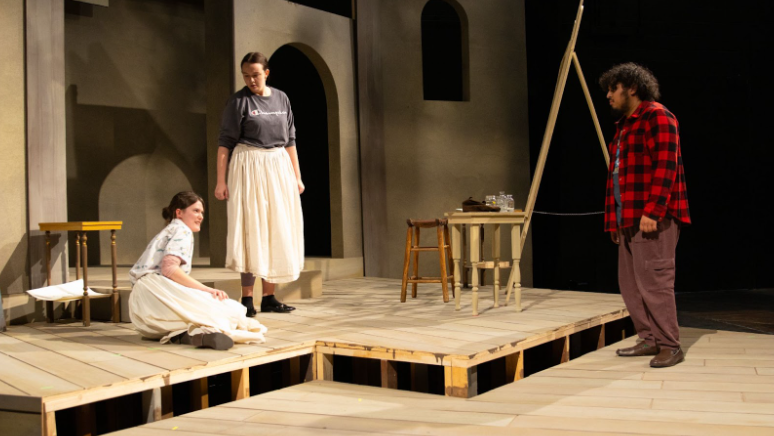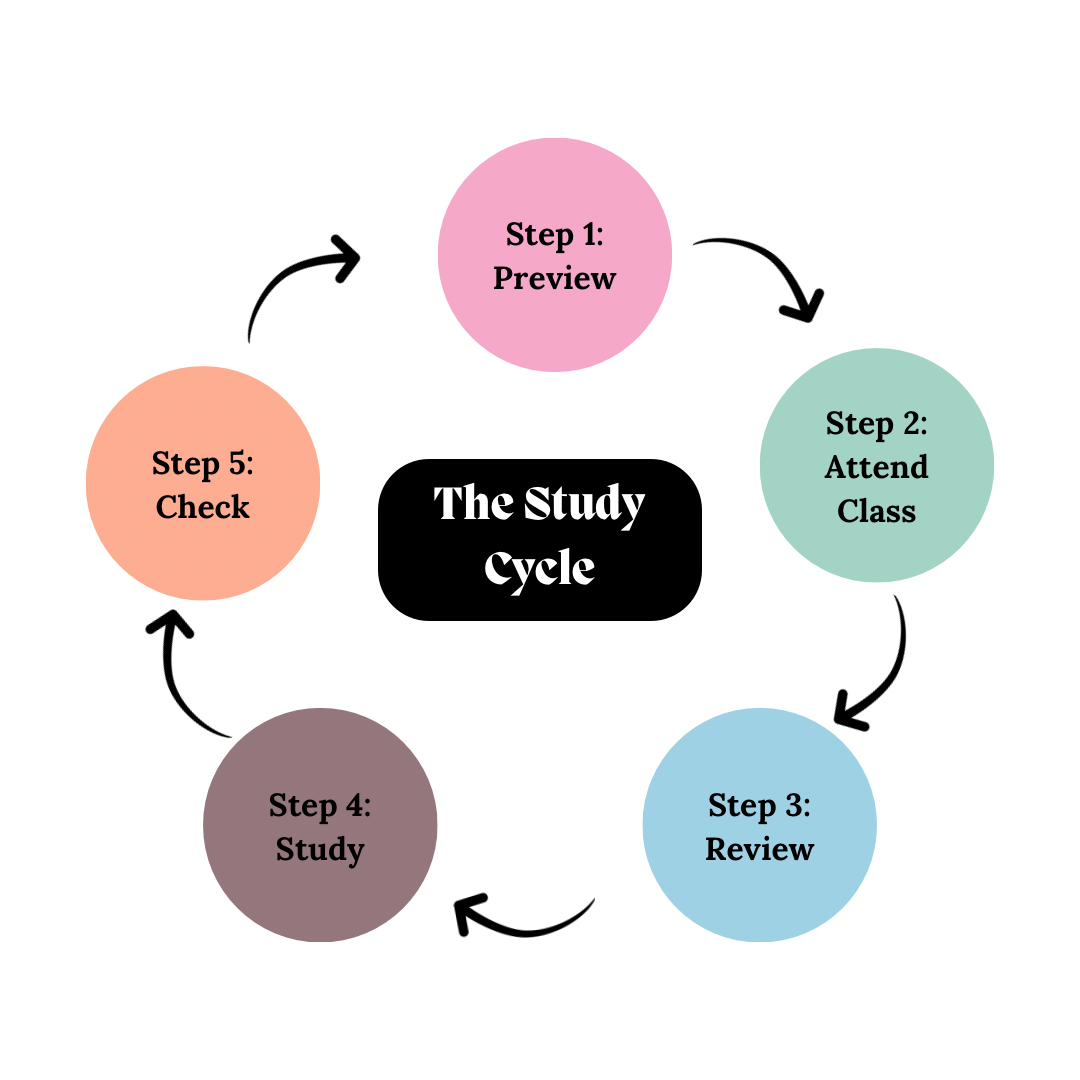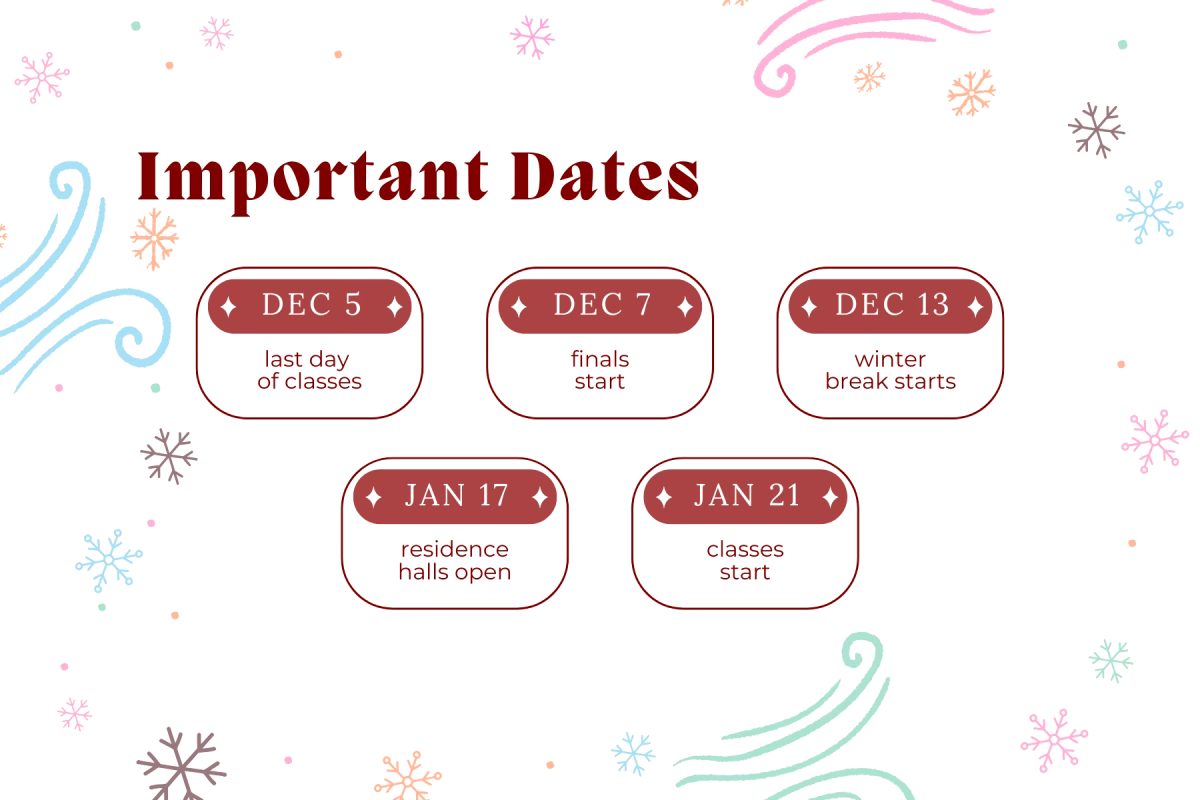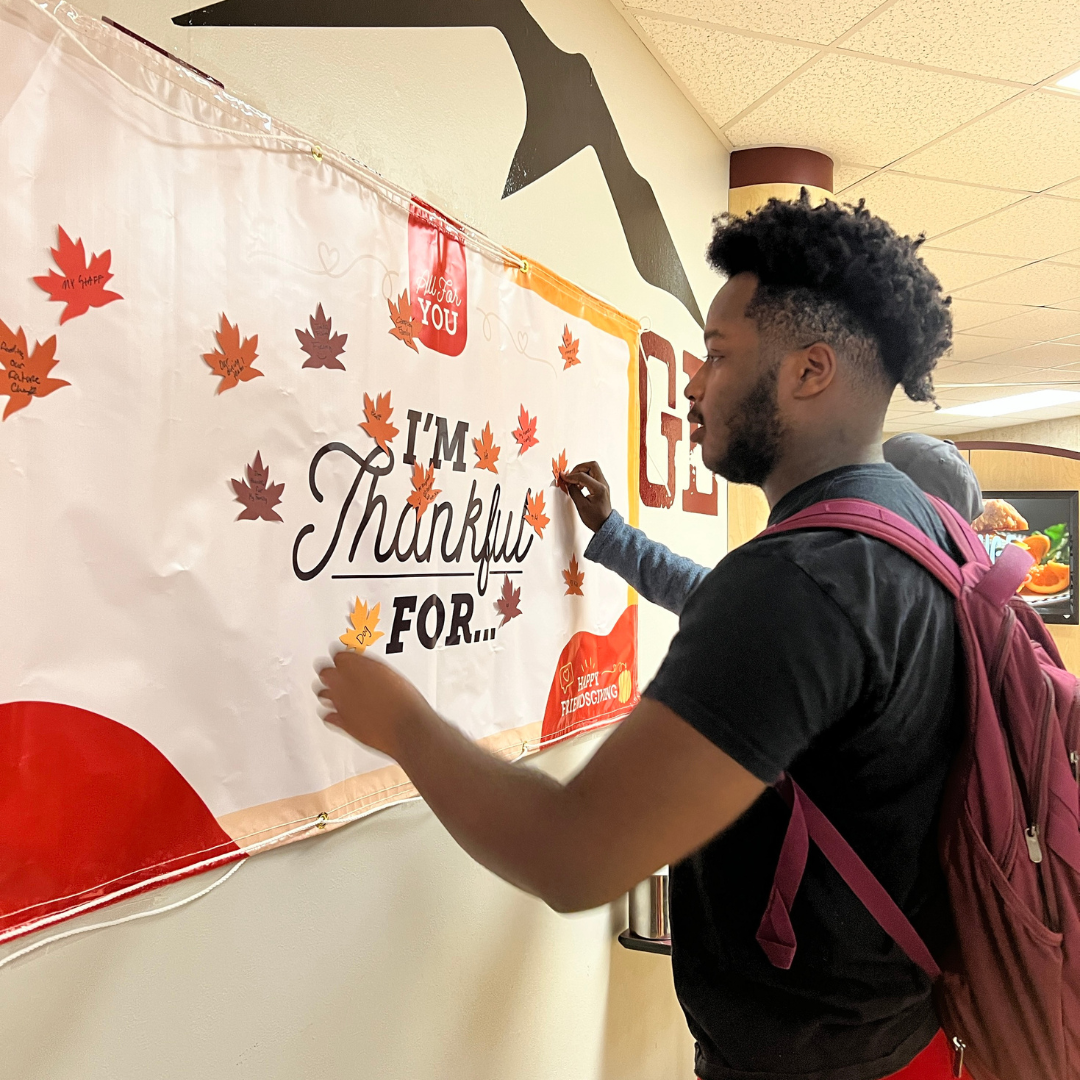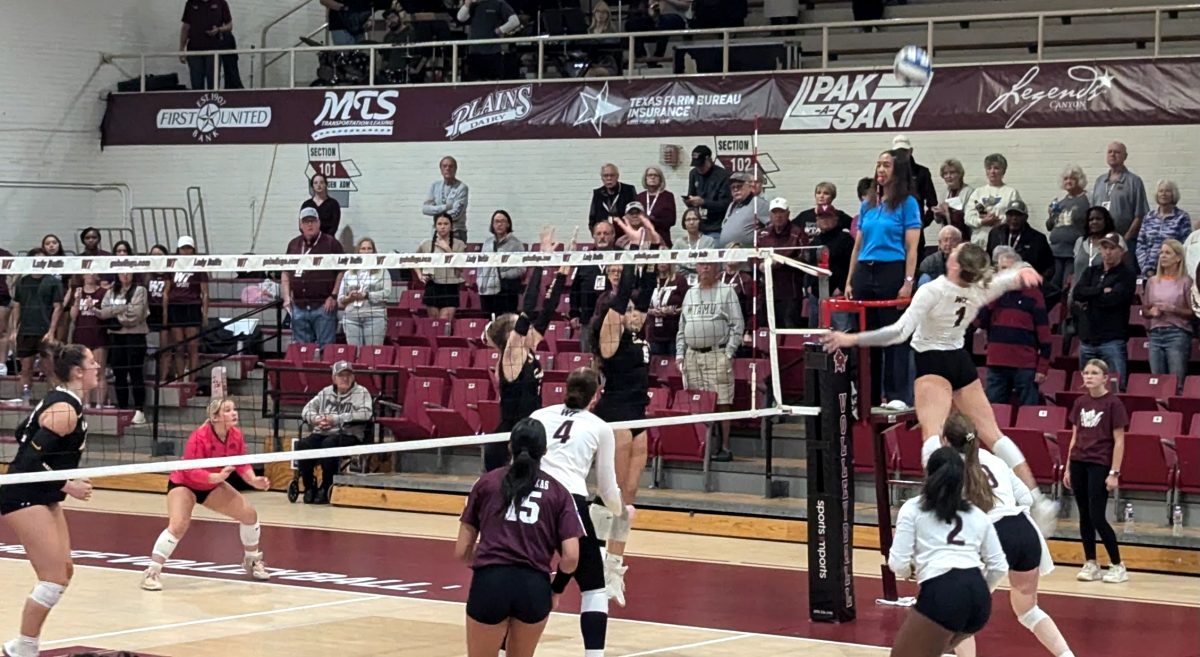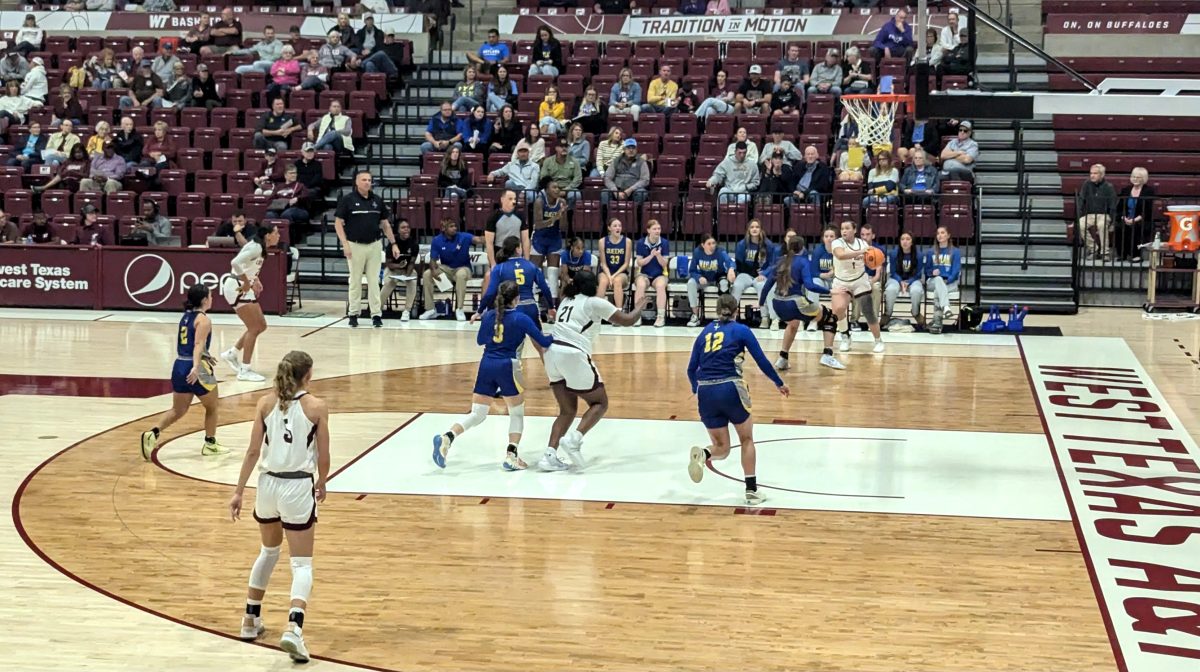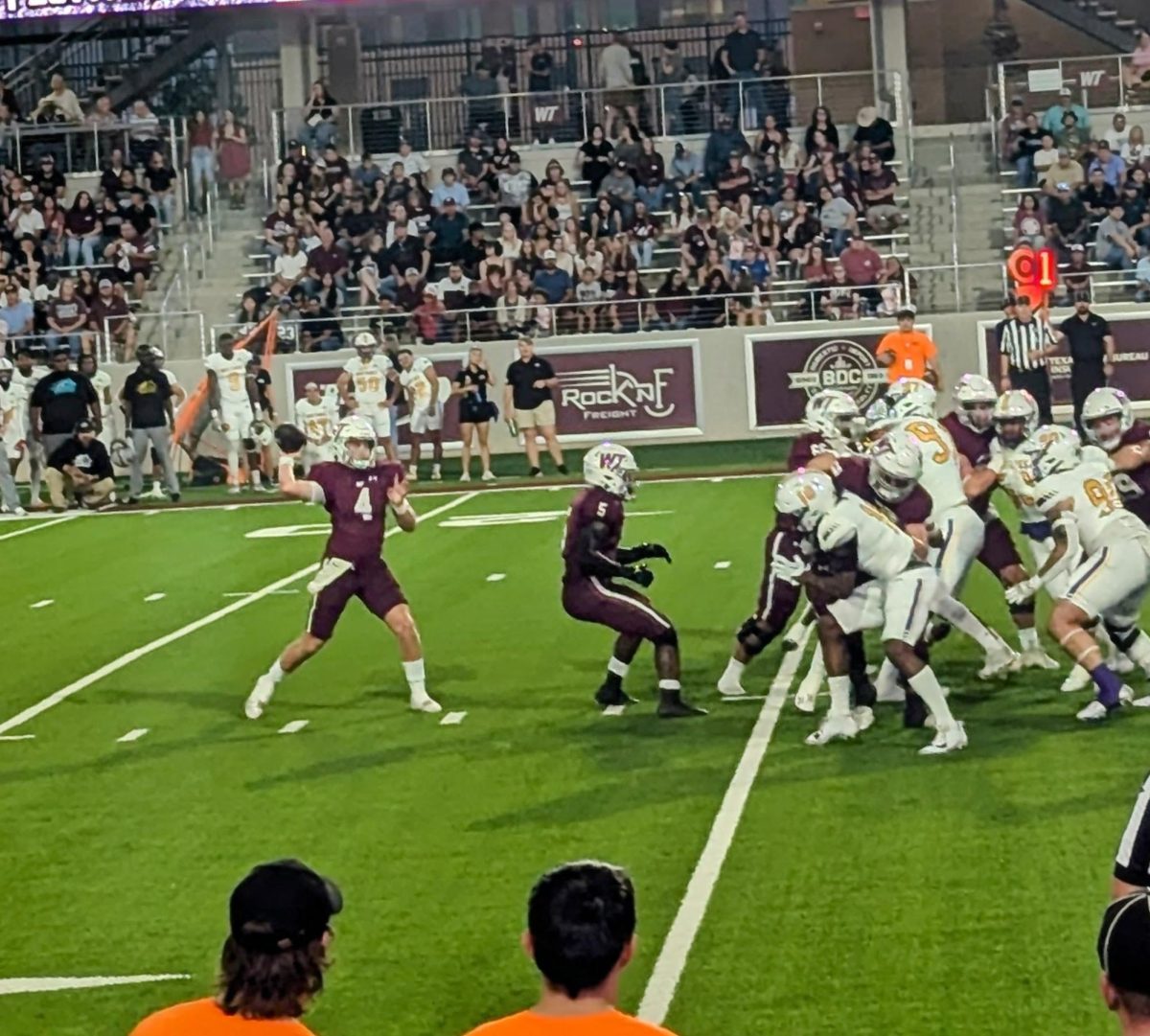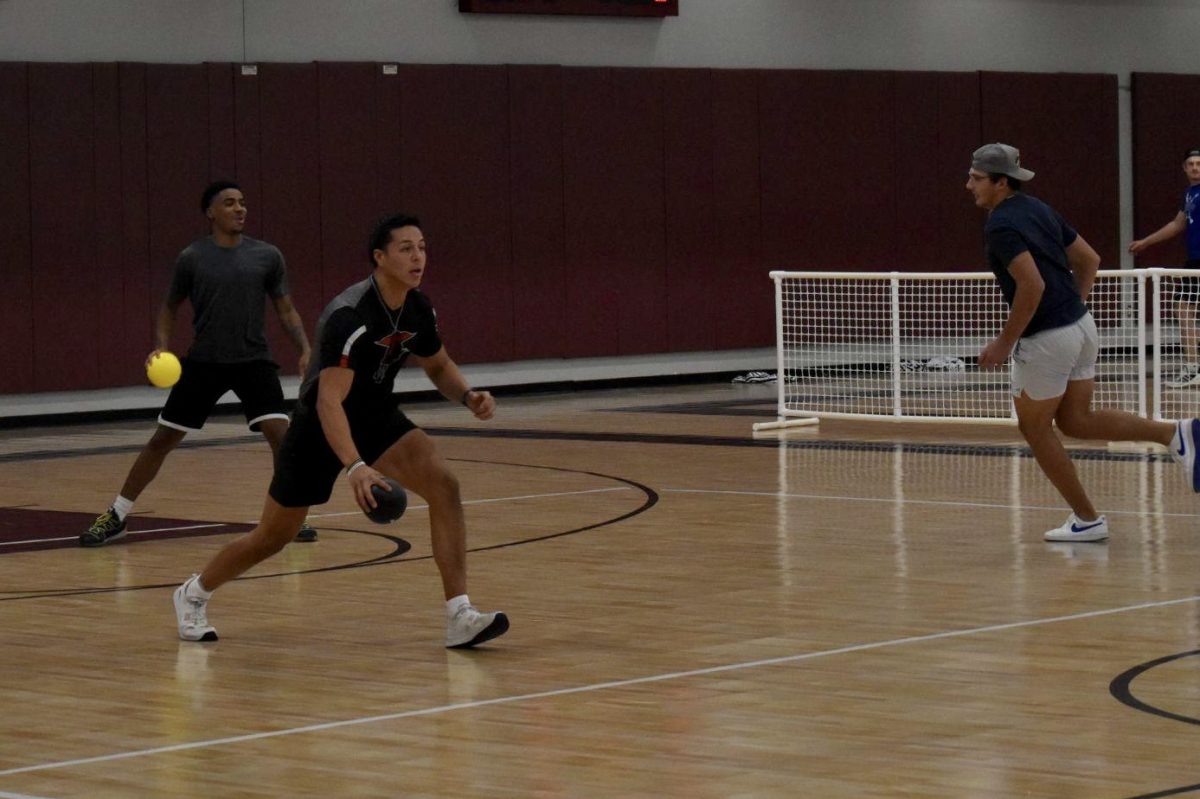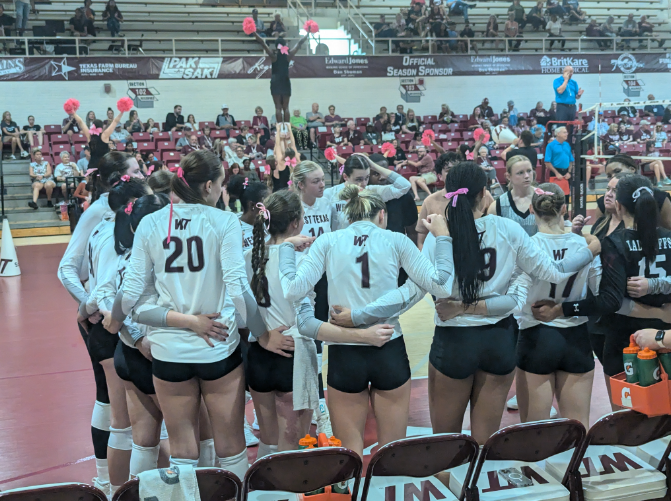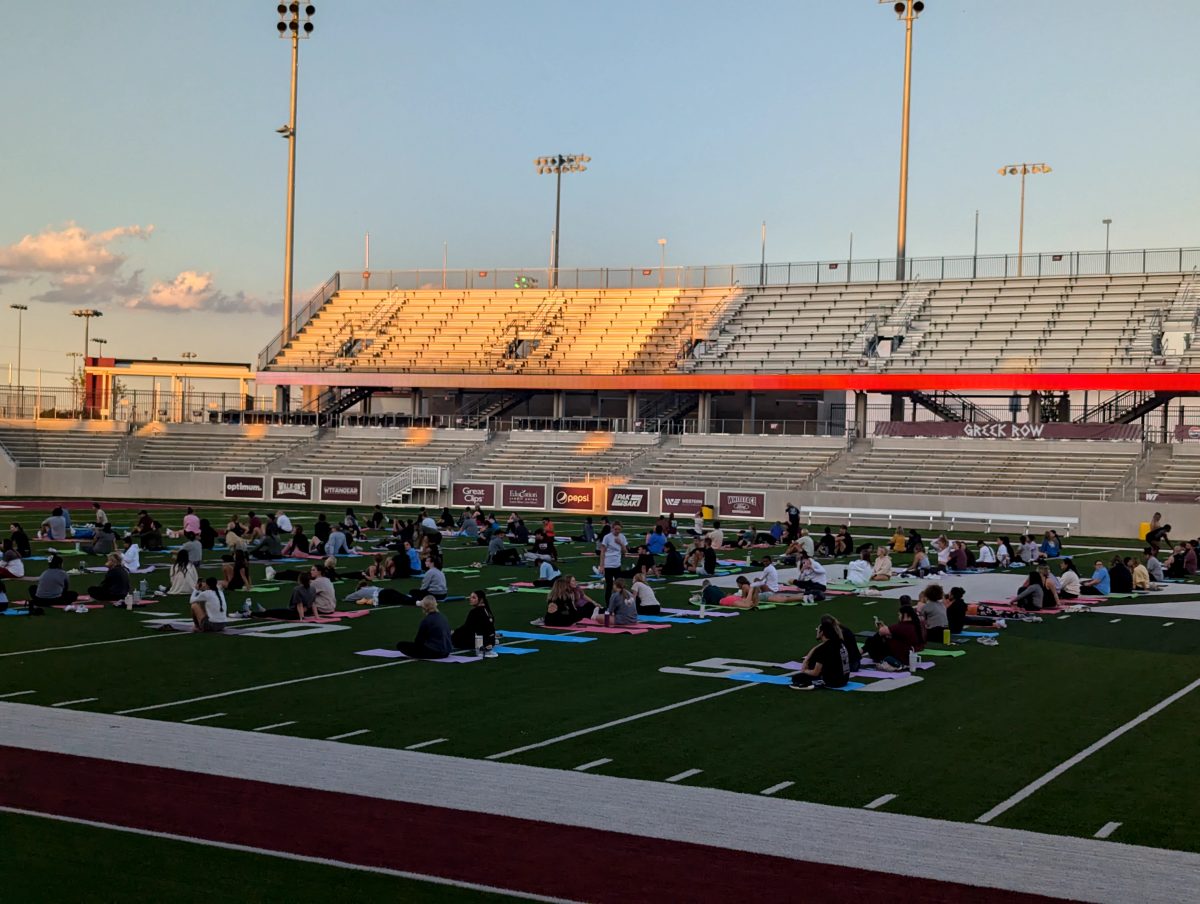
Injustice can only happen for so long until action by those being mistreated takes form.
The College Athletes Players Association (CAPA) has taken monumental steps in breaking down the barriers presented to college athletes by the NCAA.
Founded in early January, CAPA has set an agenda for the possibility for college athletes to collectively bargain for labor rights that are currently being exploited by the NCAA.
The agenda includes, according to the CAPA website:
1. Guaranteed coverage for sports-related medical expenses for current and former players.
2. Minimizing the risk of sports-related traumatic brain injury.
3. Reduce contact in practices like the NFL and Pop Warner have done, place independent concussion experts on the sidelines and establish uniform return to play protocols.
4. Improving graduation rates.
5. Establish an educational trust fund to help former players complete their degree and reward those who graduate on time.
6. Consistent with evolving NCAA regulations or future legal mandates, increasing athletic scholarships and allowing players to receive compensation for commercial sponsorships.
7. Securing due process rights. Players should not be punished simply because they are accused of a rule violation, and any punishments levied should be consistent across campuses.
With this agenda in mind, CAPA submitted a petition to the National Labor Relations Board (NLRB) in relation to the Northwestern University football players.
On March 26, a regional director of the NLRB ruled that scholarship football players at Northwestern are employees of the university, and have the right to unionize and fight for labor right benefits. This decision alone shook up the world of college athletics and may have set a precedent for other universities to follow.
Northwestern University plans to appeal the ruling, but it’s likely to uphold due to the NLRB being located in Washington D.C.
While many are afraid of the steps CAPA is making, the ultimate decision of unionization is up to the Northwestern Football players. A 50.1 percent vote is needed for a union to be officially formed. The NLRB has set April 25 for the players to vote. Only scholarship players participating in football activities will be able to cast ballots.
While it may seem as if the unionization is inevitable, Northwestern Football coach Pat Fitzgerald has told his team that voting no to a union would be in their best interests. Fitzgerald has also sent a letter to each of the players’ parents, stating his position on unionization. Fitzgerald does not believe a third party is needed to address needs about medical care, practice schedules and others on the College Athletes Players Association agenda.
While pay for play has not been mentioned on the CAPA’s agenda, I believe that is the ultimate fear of unionization of college athletes. As of today, the millions of dollars made by the NCAA and athletic departments at various institutions are being directed by CAPA to improving college athletics for the well-being of the athlete. However, with such an uproar, the NCAA fears of this situation is continuing to grow.
NCAA President Mark Emmert believes that unionization would be “grossly inappropriate” and will produce dire consequences. These consequences would require a complete reconstruction to the college model of athletics. Some have even speculated that it could begin the end of college athletics as whole.
Ultimately, unionization will mean that the NCAA and unionized Universities will be forced to negotiate.
Athletic departments will not be able to limit injured athletes to basic healthcare friendly to their budget.
The NCAA will not be allowed to simply kick former athletes to the curb after their eligibility with an institution is up.
In the end, the NCAA will have to share pieces of the revenue pie and that is truly what they fear the most.
For those who disagree, then why are players at Northwestern being told to vote no to improving healthcare, ensuring that scholarships are fully guaranteed, and improving graduation rates?
It is because at the end of the day while pay for play may not be on the agenda now, it will be in the future.



